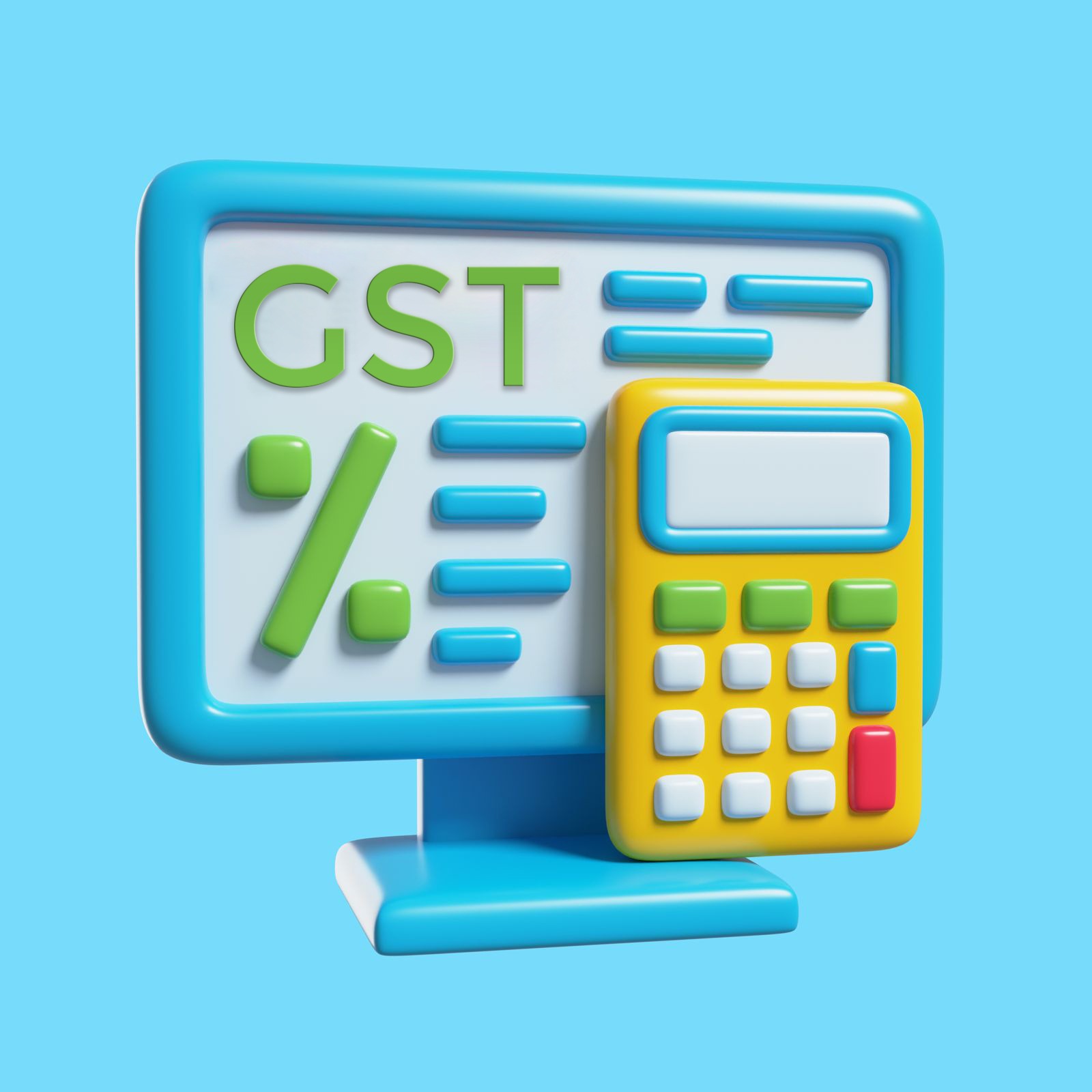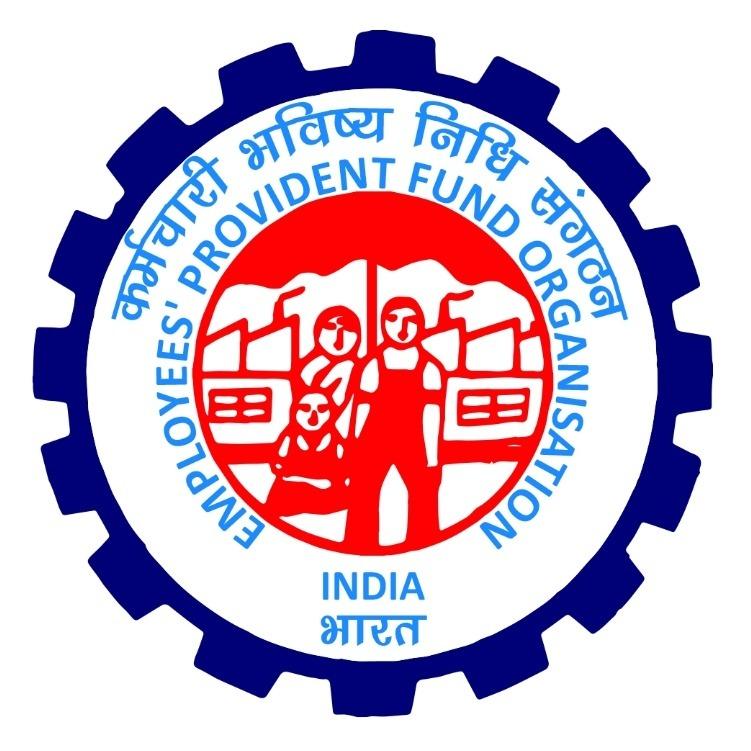

Big GST Cut on Insurance in the Works: What It Could Mean for Your Premiums in 2025
A significant policy shift may be on the horizon for insurance policyholders in India. The upcoming meeting of the Goods and Services Tax (GST) Council is expected to take up a proposal that could bring much-needed relief by reducing or removing the 18% GST currently levied on life and health insurance premiums.
Potential Relief on Insurance Premiums
For years, there have been calls to rationalise the GST structure on insurance products, especially life and health insurance. The current high tax rate often makes these essential financial products appear less affordable to large segments of the population. However, there are now strong indications that decisive action could be taken in the forthcoming GST Council meeting.
Recommendations for GST Exemption
A Group of Ministers (GoM) formed to examine insurance-related taxation has reportedly recommended a complete exemption of GST on term life insurance and health insurance policies, particularly for senior citizens. Additionally, policies with a health cover of up to ₹5 lakh are also under consideration for GST relief.
These recommendations were earlier reviewed by the Insurance Regulatory and Development Authority of India (IRDAI), whose opinion was submitted to the Council in late 2024. If approved, the move would significantly lower insurance costs and make such policies more accessible.
Why GST Rationalisation on Insurance Matters
Insurance penetration in India remains modest. Health insurance, for instance, covers less than 40% of the population, and the overall insurance premium contribution to GDP remains below global averages. At the same time, healthcare expenses continue to rise, making out-of-pocket costs among the highest in the Asian region.
High GST rates have contributed to the perception of insurance as a non-essential or luxury expense. Reducing GST to 5% or removing it altogether could shift this perception, making both health and life insurance more affordable for the general public. It would be a meaningful step towards strengthening financial protection for households.
Balancing Revenue and Social Impact
Government estimates suggest that a complete GST exemption could lead to an annual revenue loss of around ₹2,600 crore—₹2,400 crore from health insurance and ₹200 crore from term life insurance. However, the broader vision goes beyond revenue collection. The focus is also on promoting social welfare and advancing financial inclusion.
Universal health insurance coverage has been identified as a long-term goal, with a target set for nationwide implementation by 2047. Reducing the GST burden on insurance products would align well with this objective, potentially encouraging more individuals to invest in insurance as a core part of their financial planning.
Conclusion
The anticipated decision on GST rationalisation for insurance could prove to be a transformative step. By making insurance more affordable and accessible, it supports a broader vision of improved social security and financial resilience. If implemented, it would mark a significant policy development in 2025, bringing tangible benefits to millions of policyholders across the country.












13 thoughts on “Big GST Cut on Insurance in the Works: What It Could Mean for Your Premiums in 2025”
Comments are closed.